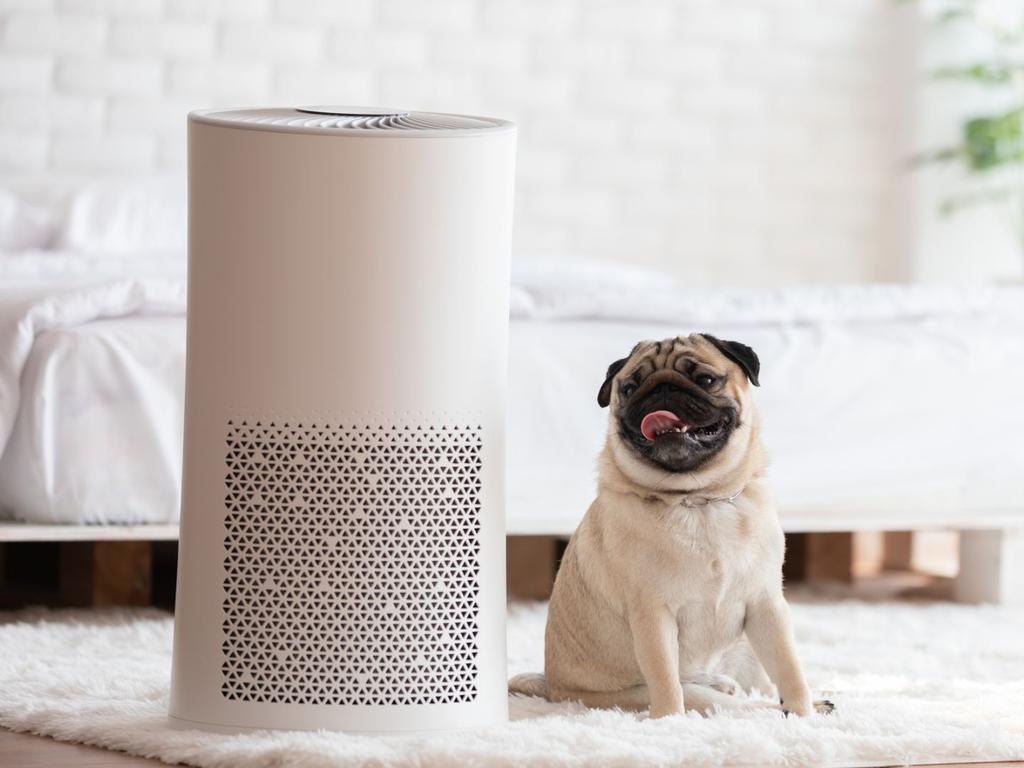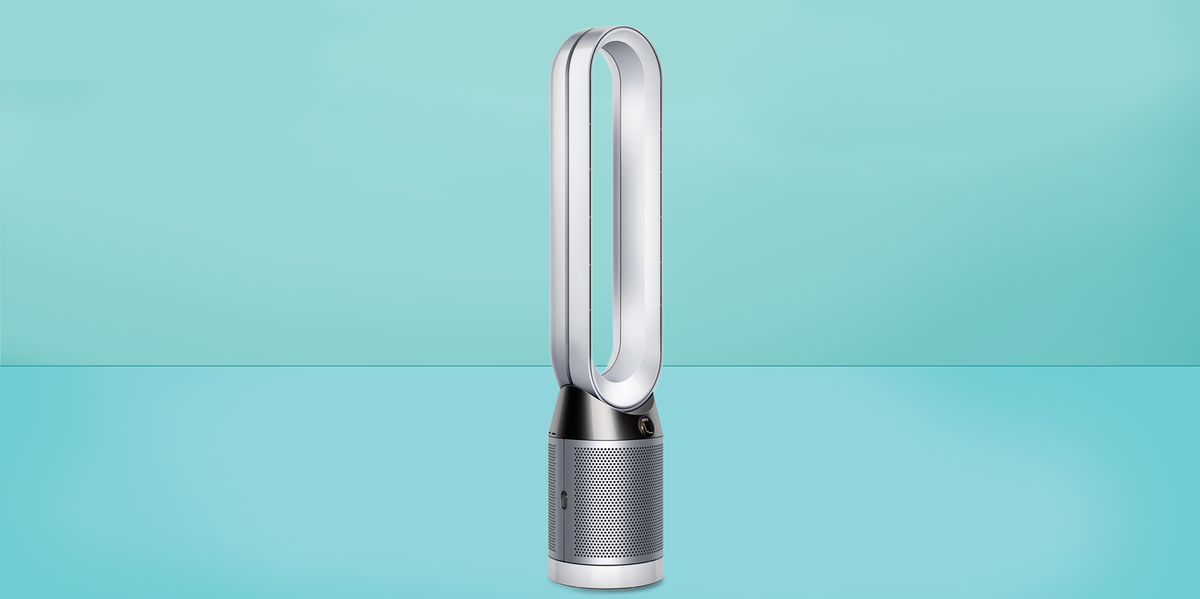Featured
Table of Contents
- – Comprehending Allergies and Triggers
- – Can Air Purifiers Aid With Allergies?
- – The Science Behind Air Purifiers and Allergies
- – Are Air Purifiers Right for You? Aspects to T...
- – Making the Most of Air Purifiers for Allergies
- – Beyond Air Purifiers: A Multi-Pronged Strategy...
- – Living a Breath Easier Life with Allergies

Air purifiers are typically promoted as an option, promising cleaner air and relief from allergy symptoms. Are air cleansers genuinely worth the investment for allergic reaction patients?
Comprehending Allergies and Triggers
To comprehend the function of air cleansers, allow's first delve right into allergic reactions and their triggers:
- The Allergic Response: Allergies occur when your immune system overreacts to a harmless substance, like pollen or allergen. This reaction causes the launch of histamines, triggering allergic reaction signs like sneezing, coughing, itchy eyes, and a dripping nose.
- Common Irritants: Indoor irritants include allergen, family pet dander, mold spores, pollen that wanders indoors, and also roach irritants. These air-borne fragments can irritate your airways and cause allergy signs.
Can Air Purifiers Aid With Allergies?
Air purifiers function by reeling in air, removing contaminants, and launching cleaner air back into the room. Here's just how they can possibly benefit allergy patients:
- Capturing Irritants: HEPA (High-Efficiency Particulate Air) filters, a common kind used in air purifiers, are highly efficient at catching air-borne allergens like dirt termites, pet dog dander, and pollen. By getting rid of these triggers from the air you take a breath, air cleansers can help minimize allergic reaction symptoms.
- Improved Air High Quality: Air purifiers can also remove other irritants from the air, such as smoke, dust, and volatile natural compounds (VOCs) This total improvement in air top quality can be helpful for allergy patients who are sensitive to these added triggers.
The Science Behind Air Purifiers and Allergies
Studies have shown that air purifiers can be valuable in reducing allergic reaction symptoms. Here's a take a look at some essential study findings:
- A 2019 evaluation published in the journal "Present Allergy and Bronchial asthma Reports" concluded that air purifiers with HEPA filters can be efficient in reducing allergy symptoms and boosting high quality of life for individuals with hay fever (hay fever)
- A 2018 study published in the journal "Annals of Allergy, Asthma & Immunology" found that making use of an air purifier with a HEPA filter in the room substantially decreased dust mite allergen degrees and enhanced sleep quality in individuals with asthma.
Nonetheless, it is necessary to keep in mind that research additionally recommends some restrictions:
- Air Purifier Protection: Air purifiers are most efficient in the area where they are positioned. Their impact on irritants in other parts of your house could be minimal.
- Seriousness of Allergies: While air cleansers can aid, they could not be a full option for extreme allergic reactions. Medicines and other allergic reaction administration methods could still be necessary.
Are Air Purifiers Right for You? Aspects to Think About
Below are some key factors to take into consideration when determining if an air purifier is worth it for your allergic reactions:
- Severity of Allergies: If your allergic reactions are moderate and well-controlled with medication, an air purifier might not be essential. However, for those with modest to extreme allergies, an air purifier can be a valuable tool in handling signs and symptoms.
- Types of Irritants: Think about the primary triggers for your allergies. Air purifiers are most reliable for airborne allergens like allergen, family pet dander, and plant pollen. They might not be as useful for allergens like mold that grow on surfaces.
- Way of life and Setting: If you have pets, reside in an area with high pollen counts, or have issues concerning indoor air high quality, an air purifier can be advantageous.

Making the Most of Air Purifiers for Allergies
If you decide to invest in an air purifier for allergic reactions, below are some tips for maximizing its efficiency:
- Select a HEPA Filter: Search for an air purifier with a HEPA filter licensed to record bits as little as 0.3 microns.
- Right Dimension for the Room: Ensure the air purifier has a Clean Air Shipment Rate (CADR) that appropriates for the dimension of the area you intend to use it in.
- Placement Issues: Put the air purifier in the area where you invest the most time, such as your room.
- Routine Filter Upkeep: Replace HEPA filters according to the producer's directions to maintain optimum efficiency.
- Integrate with Other Strategies: Air purifiers are not a one-size-fits-all service. Incorporate them with various other allergic reaction administration strategies like medicine, routine cleansing, and allergen-proof bed linens.
Beyond Air Purifiers: A Multi-Pronged Strategy to Allergy Administration

While air purifiers can be a beneficial tool in your allergic reaction arsenal, they are not a wonder drug (If you're looking to buy an Air Purifier then Air Cleaners Australia is the best destination.). A comprehensive method that integrates air purification with various other techniques is crucial to attaining long-lasting allergic reaction relief. Here are some extra techniques to take into consideration:
- Medication: Antihistamines, decongestants, and nasal corticosteroids, suggested by your physician, can successfully take care of allergic reaction symptoms.
- Allergic Reaction Testing and Immunotherapy: Identifying your certain allergens with allergic reaction testing can lead the method for immunotherapy, a therapy that helps desensitize your body immune system to irritants with time.
- Air Top Quality Administration: Normal cleansing with a HEPA-filtered vacuum cleaner and allergen-specific cleansing items can considerably decrease allergen, pet dander, and other allergens in your home.
- Controlling Humidity: Mold and mildew flourishes in moist atmospheres. Making use of a dehumidifier can help manage humidity levels and prevent mold and mildew growth, an usual interior allergen.
- Way of life Adjustments: If you have allergies to pollen, staying indoors throughout top pollen seasons and showering after hanging around outdoors can aid minimize direct exposure.
- Bedding and Surface Areas: Enclosing cushions and cushions in allergen-proof covers can dramatically decrease allergen direct exposure. Consistently washing bedding in warm water helps eliminate irritants.
Living a Breath Easier Life with Allergies
Bear in mind, managing allergies is a continuous process. By recognizing your triggers, implementing a multi-pronged method, and possibly including an air purifier into your strategy, you can considerably minimize allergy symptoms and breathe simpler.
Added Factors To Consider:
- Consulting a Doctor: If your allergies are extreme or not well-controlled with drug and way of life modifications, speak with a specialist for individualized suggestions.
- Air Quality Monitoring: Think about using an air quality screen to track irritant degrees in your house and change your administration strategies as necessary.
- Long-Term Financial investment: A good high quality air purifier can be a lasting financial investment in your health and wellness.
By taking a positive strategy and embracing a combination of these strategies, you can create a healthier and allergy-friendly environment, enabling you to enjoy a breath much easier life.
Table of Contents
- – Comprehending Allergies and Triggers
- – Can Air Purifiers Aid With Allergies?
- – The Science Behind Air Purifiers and Allergies
- – Are Air Purifiers Right for You? Aspects to T...
- – Making the Most of Air Purifiers for Allergies
- – Beyond Air Purifiers: A Multi-Pronged Strategy...
- – Living a Breath Easier Life with Allergies
Latest Posts
Understanding the Transition: Why North Ryde is Phasing Out Gas
Battling the Mold Hazard: Are Air Purifiers Worth It?
Are Air Purifiers Well Worth It for Allergic reactions? Breathing Easier with Science-Backed Solutions
More
Latest Posts
Understanding the Transition: Why North Ryde is Phasing Out Gas
Battling the Mold Hazard: Are Air Purifiers Worth It?
Are Air Purifiers Well Worth It for Allergic reactions? Breathing Easier with Science-Backed Solutions